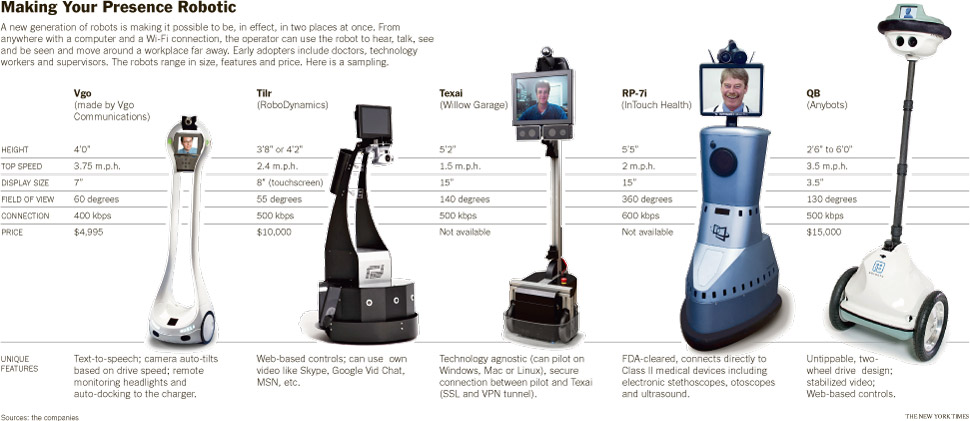"I have a great idea!!"
Wednesday, April 9, 2014
I was just browsing through my twitter feed and came across a picture of a chapter heading from Alexis Ohanian's recent book, "Without Their Permission" (credit to Daren Smith for the picture) and it inspired this post.
What do you do when you think you have a great idea? Many people sit on the idea, pumping themselves up about how great it is then ..... nothing. Why is that? Did they speak to friends and peers then realized the idea wasn't so great in the first place? Did they forget, get too busy with life? Or was it something else?
For some they realize that there's going down the start-up route isn't glamorous, it's a struggle, a fight to stay above water and it can be incredibly hard. For others it's that they don't have the necessary expertise that they feel they need to get things off the ground. While this is often a valid reason, for many people, this problem can be circumvented or at least mitigated somewhat by outsourcing, partnering with a technical founder or self-teaching while building. So why the hesitation?
From my own experiences and those of others I've spoken to on the issue fear is the primary reason people don't take the chance. Many opt against going for their ideas even if they're ground-breaking because they're afraid of failure, afraid of finding out that their ideas may not be that great, fear of doing something that isn't a sure thing. Even if the experience yields tremendous amounts of knowledge, helps build a network of people that you can call upon later in life, many are too afraid to give their ideas a go.
I know I am.
Oculus
Wednesday, April 2, 2014
It's been talked about to bits, and I've had my fair bit to add on Twitter about the entire thing but I felt like far too many people, especially those most up in arms about the deal in the first place are being quite narrow-minded concerning the potential of VR technology going forward.
Most people see VR as only having real applications in gaming, which while a large addressable market in any reasonable sense of the word would hardly value such a lofty valuation. Especially when one considers that the people most interested in Oculus-like technology are likely to be hardcore gamers, of which there are only a few tens of millions at best. Given the price of the technology (though it's likely to come down) and the intrusiveness of the experience, it's unlikely to gain the sort of mass-market adoption that smartphones have garnered if this is the sole use. Luckily Mark Zuckerberg and thus Facebook don't think in such limited ways.
Mark Zuckerberg for all his faults, perceived or otherwise is a man on a mission. Connecting all people through technology is his end goal, preferably through Facebook owned and controlled technology. Considering the reach Facebook already has and their recent acquisition of Whatsapp it's fair to say that they're well on their way to that goal. However, as Microsoft, Nokia and Blackberry can attest, missing the next big thing can have dire consequences on your future prospects. Mark has no intention of missing the next big thing, and VR, powered by Oculus may very well be that.
`
Gaming is the obvious application, the one that has been pushed into our minds through decades of film, comic books and science fiction and one that makes sense. However, many of the major possible use cases for VR arise when one combines it telecommunications technology. Telepresence as it is currently exists, consists of off-the-shelf video conferencing equipment shoe-horned into proprietary "solutions". They all have the same limitations though, limited point of view, unnatural controls (mouse and keyboard are not natural, though they are familiar) and have the unfortunate side effect of pulling people out of the experience they're trying to have.
Telepresence coupled with VR could allow individuals to share experiences in a more holistic and natural fashion, regardless of distance. It could allow individuals with severe disabilities to experience things that they might otherwise never have. Further developments in telepresence coupled with robotics could remove the need for human beings to take risks performing dangerous jobs such as mining in hazardous environments. By the same token, VR could be used to augment existing and relatively safe/mundane tasks.
Education is already being disrupted through the growth of MOOCs and VR can be the killer app for widespread, high quality, remote education. Healthcare is another sector that could benefit from VR technology. Robotic surgery is a rapidly growing field and though studies concerning long-term benefits of these surgeries have yet to yield significant results, the benefits in terms of complications and readmission rates are a known quantity. Adding more natural visual feedback and finding ways to further decouple a surgeon's knowledge and ability to fix a problem from their physical limitations could be incredibly powerful.
Of course, much of the following relies on improvements to the telecommunications infrastructure around the world and of course here in the United States, something that some telecoms companies have been doing little of in the past several years. Furthermore, providing these capabilities to all people, rather than just the affluent is something we should strive for. Of course, whether these improvements to infrastructure and the dream of widespread, immensely powerful and useful VR come to pass is up for debate.



